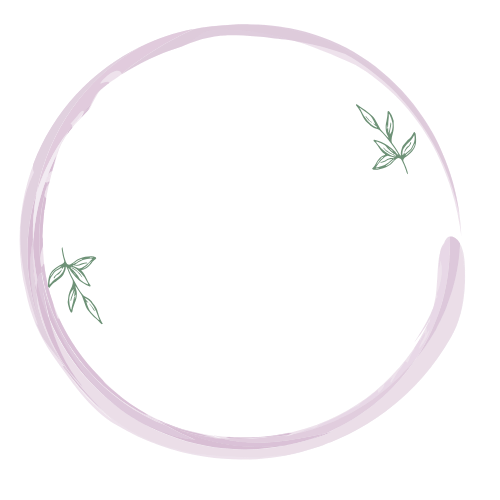You Need a Birth Plan… Here’s Why!
We hear a lot about birth plans, but also know birth is unexpected and never really “goes as planned…” So you might think what’s the point? We honestly consider it to be one of your most powerful tools to having an empowered birth.
And because birth never goes as planned, we prefer to think of it as more of a birth wish list - your top options that you expect to be honored at your birth with the understanding that not every option may be possible. While it's important to recognize that childbirth can be unpredictable, and plans may need to be adjusted based on medical circumstances (or even according to what your wanting or feeling at the time), creating a birth plan can still be valuable for several reasons:
1. Communication: A birth plan is a communication tool that helps you convey your preferences and priorities to your healthcare team. It opens up a dialogue with your healthcare providers, ensuring that they are aware of your desires and values related to the birthing process. Many providers will want to see a birth plan by your 36th week appointment and if you are giving birth away from home, many nurses will ask for it when you are admitted to the hospital or birth center.
2. Empowerment: Developing a birth plan can empower you by encouraging active participation in your healthcare decisions. It prompts you to educate yourself about various birthing options, interventions, and procedures, fostering a sense of control over your birthing experience. This is your birth. You are not sick, there is nothing wrong with you… Knowing your rights and options is critical to an empowered birth experience and working through a birth plan can help you build a strong foundation for advocacy (see number 4!)!
3. Informed Decision-Making: Through the process of creating a birth plan, you gain a better understanding of the choices available during labor and delivery. This knowledge allows you to make informed decisions about your care, taking into account your preferences and the recommendations of your healthcare providers. One of our roles is to help you create your birth plan and be prepared to ask questions to make informed decision during your pregnancy, birth, and postpartum period.
4. Advocacy: A birth plan serves as a tool for self-advocacy. It helps you articulate your wishes and preferences in a clear and concise manner, making it easier for you or your support team to advocate for your needs during labor and delivery.
5. Facilitating Communication with Support Team: Your birth plan is not just for healthcare providers; it can also serve as a guide for your support team, including partners, family members, and friends. Sharing your plan with them helps ensure that everyone is on the same page and can provide the support you desire. We bring extra copies of your birth plan with us and we make sure we are fully familiar with it. This helps be an extra listening ear and support for you and your primary birth partner to ensure your wishes and rights are honored!
6. Creating a Positive Birth Experience: Clarifying your preferences in advance and having a plan in place can contribute to a more positive birthing experience. Feeling heard and respected in your choices can positively impact your emotional well-being during labor and delivery. Like mentioned before, a key component to a positive birth experience is ensuring open communication with your provider prior to delivery, and going over your birth plan with them by 36 weeks is a great way to do this!
7. Addressing Concerns and Fears: Writing a birth plan encourages you to think about your fears and concerns related to childbirth. It provides an opportunity to discuss these concerns with your healthcare team and explore strategies to address them, reducing anxiety and promoting a more relaxed birthing environment. When these come up, that is why we are here! We strongly believe working through fears and anxieties related to pregnancy, birth, and postpartum lead to a smoother and more positive birth experience. We are always here to chat!
8. Facilitating Flexibility: While a birth plan outlines your preferences, it's essential to recognize that childbirth can be unpredictable. A well-prepared birth plan also includes flexibility and acknowledges that adjustments may be necessary based on medical circumstances. This flexibility ensures that your care team can respond appropriately to changing situations. This is where referring to it as a birth wish list can help with your mindset regarding your birth plan and also facilitate confidence that you are prepared for any pivot that birth may bring.
9. Postpartum Considerations: Some birth plans include preferences for the immediate postpartum period, such as skin-to-skin contact, breastfeeding preferences, and delayed cord clamping. This helps healthcare providers align their practices with your postpartum desires. We highly recommend extending your birth plan through your postpartum hospital stay! There are still options to be considered once baby is born and knowing what decisions you may need to make or preferences you want honored helps to continue your positive birth experience!
Your first prenatal meeting with us is designed to ensure you are fully informed of your birth rights and options which then helps you create your birth plan - we even provide you with our Bloom and Grow Birth Plan Template! An empowered birth experience starts with intentional support, and we are here for you! Contact us to schedule a free consultation today - we can’t wait to support you!


